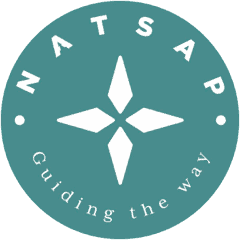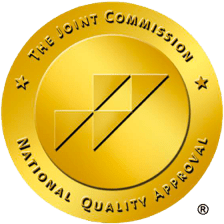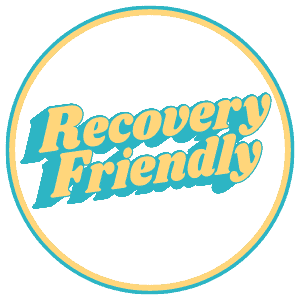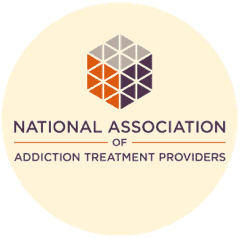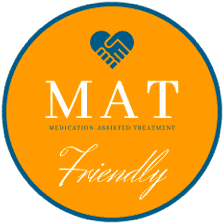You’ve gotten your son through detox. He’s completed his inpatient treatment. Now you’ve found him a safe and sober place to live, maybe even one that includes lots of structure and support like we have here at Next Step Recovery. He’s going to 12-step meetings, he’s looking for work or thinking about going back to school, and now he’s on the phone telling you he’s ready to come home, or he’s not ready to come home but he’s ready to move somewhere else, or he needs more money, or…
You’re having a hard time following what he’s saying because he’s no longer saying it, he’s yelling it, and you’re noticing that familiar sick feeling in the pit of your stomach—the same feeling you had before he went to detox, the feeling you had when you didn’t know where he was or who he was with or what he was doing with all the money you gave him.
You’re trying to figure out how much you can afford to give him this time. You really want to help—of course you want to help, what parent wouldn’t?!—but nothing seems to be working, and you don’t like hearing him this upset, and now your chest feels tight, and…
Pause.
Whatever you are about to say,
Pause.
Whatever he’s insisting you do,
Pause.
Take a breath. Then entertain the possibility that some of ways you helped in the past haven’t actually helped. In fact, some of the ways you helped may have hurt or delayed your son’s recovery process.
Take another pause to process that.
It can be pretty sobering to consider that possibility. It might even be upsetting. If it’s any consolation, you aren’t the first parent to feel this way. In fact, most of us have had to grapple with our own codependency at some point in our child’s recovery process.
Codependency?
If this word is new to you, you are going to want to explore it more deeply. Codependency and addiction go hand in hand. Many people who are recovering from a substance use disorder are also recovering from codependency. So are their families. Pia Mellody, one of the experts in the field, has identified five core symptoms of this disease. Codependents have difficulty…
- experiencing appropriate levels of self-esteem
- setting functional boundaries
- owning and expressing their own reality
- taking care of their needs and wants
- experiencing and expressing their reality moderately
Do any of these sound familiar?
As a parent of someone in early recovery, you can help your child most by making sure you address any symptoms of codependency in your own life.
Do you have a hard time saying no (setting functional boundaries)? Do you try to save your child from the negative consequences of his actions (preventing him from understanding reality)? Do you tend to do things for your child that he is old enough to do for himself (take care of his needs)?
These a just a few questions to ask yourself when considering how you can help your son in recovery. Sometimes well-intended help actually causes hurt. If you are a rescuer, that is especially true.
Stop Rescuing & Start Helping
Rescuing your child sends the message that he can’t care for himself. Instead, he is dependent on you to fix his problems. When you won’t or can’t fix his problems, it’s all your fault. That is definitely a no-win situation.
Make no mistake, letting our children experience pain and disappointment is hard. It’s perhaps the hardest thing we do as parents. But our job isn’t to shield our children from life’s challenges. Our job is to give them the skills to navigate these challenges and come out on the other side. We let our children experience life on life’s terms so they can become capable and resilient s.
If you want to provide help that really helps, a good place start is to learn more about codependence from Pia Mellody or Melody Beattie, two pioneers in this work, and then focus on your own recovery while you give your son the freedom and the dignity to focus on his.
If you’d like a little more support, please reach out. We’re happy to share additional resources that have helped thousands of parents and families in recovery.
Know someone who might benefit from this post? Please like and share this post with them. Or, if you have questions or comments, please leave them below! We’re always looking for ways to keep the conversation about recovery going. Education is one the most powerful tools we have combat addiction.



